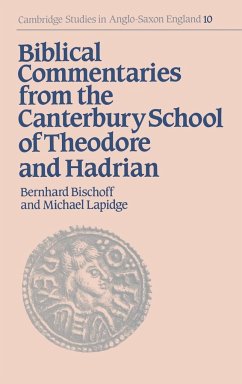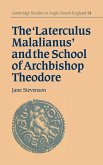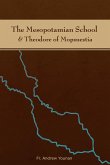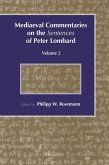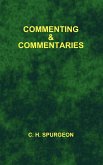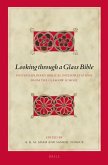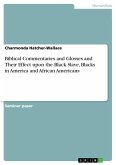This volume includes the first edition of a previously unknown text which throws wholly new light on the intellectual history of early medieval Europe. The biblical commentaries (never before printed or studied) represent the teaching of two extraordinarily gifted Greek scholars who came to England from the Byzantine East. Theodore, archbishop of Canterbury (668-90) and his colleague Hadrian (d. 710) established a school in Canterbury, to which they brought a wealth of experience and learning. These scholars applied their knowledge to the exposition of the Bible to a small group of Anglo-Saxon scholars, who recorded their teaching. The commentaries throw new light on the range of subjects which were taught in Canterbury at the time: medicine, philosophy, rhetoric, Roman civil law, as well as the biblical text itself, illustrating what was undoubtedly the high point of biblical scholarship between late antiquity and the Renaissance. Because both Hadrian and Theodore were from Greek-speaking parts of the Roman empire, their commentaries reveal new links between the Byzantine East and the Latin West in the seventh century. The present commentaries, found by Professor Bischoff in Milan in 1936, constitute one of the most important medieval texts discovered this century. The edition is introduced by substantial chapters on the intellectual background of the texts, their manuscript sources, the lives and milieux of the two Greek scholars. The Latin texts themselves are accompanied by facing English tranalations and extensive notes.

